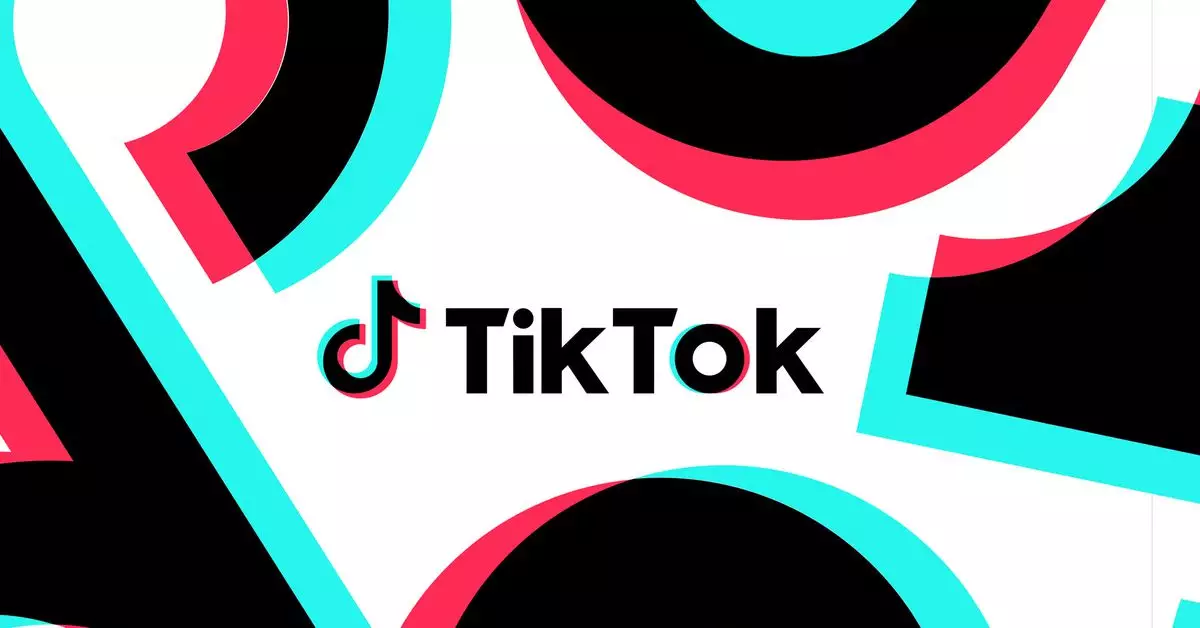The European Union’s General Court has rejected TikTok’s request to delay its designation as a “gatekeeper,” which would require the company to comply with strict Digital Markets Act (DMA) antitrust rules. The court found that TikTok had failed to demonstrate the urgency required to grant an interim measure. Although TikTok is appealing the gatekeeper designation, it will have to temporarily comply with DMA rules that go into effect in March. This decision signifies a significant setback for the popular social media platform.
According to the court, ByteDance, TikTok’s parent company, has not proven that there is a real risk of disclosure of confidential information or that such a risk would cause serious and irreparable harm. This ruling indicates that the EU does not consider TikTok’s argument persuasive enough to warrant a delay in implementing the DMA regulations. Therefore, the platform will now have to join other tech giants like Apple, Meta, Amazon, and Google in making adjustments for EU users.
As a designated gatekeeper, TikTok will have to make several changes to its operations for EU users. One significant change is allowing third-party businesses access to its services. Additionally, TikTok will be required to obtain consent for personalized advertising, further enhancing user privacy. These changes align with the EU’s aim to regulate the power and influence of large tech companies in the region.
Failure to comply with the DMA rules could result in significant fines for TikTok and other gatekeeper companies. The EU is firm in its stance on holding tech giants accountable for any violations. This approach emphasizes the need for companies to adhere to EU regulations and reinforces the EU’s commitment to creating a fair and competitive digital marketplace.
TikTok expressed its disappointment with the EU’s decision but remains optimistic about the upcoming appeal. A spokesperson for TikTok stated that they look forward to having the substance of their case heard on an expedited basis. The company is determined to present its arguments for overturning the gatekeeper designation.
In addition to the gatekeeper designation, TikTok faces further scrutiny from the EU regarding its content moderation rules for minors. The EU is conducting a separate investigation under the Digital Services Act (DSA), expressing concerns that the changes TikTok implemented to comply with the DSA may not adequately protect underage users. This investigation adds to the regulatory pressure faced by the social media platform in Europe.
TikTok made several changes last year to align with the DSA rules and regulations, specifically for its EU users. These changes included discontinuing personalized ads based on minors’ activities on the platform. However, the EU’s investigation indicates that more needs to be done to ensure adequate content moderation for underage users.
TikTok’s battle with the EU over the gatekeeper designation and content moderation rules underscores the challenges faced by large tech companies operating in Europe. The EU’s drive for increased regulation and consumer protection poses significant obstacles for platforms like TikTok, forcing them to reassess their operations and make critical adjustments to comply with regulatory frameworks.
The rejection of TikTok’s request to delay its gatekeeper designation by the EU’s General Court poses immediate compliance challenges for the platform. However, TikTok remains hopeful for a successful appeal and continues to strive for compliance with the EU’s regulatory measures. The scrutiny on both DMA rules and content moderation highlights the EU’s commitment to creating a safer and fairer digital landscape. TikTok’s ongoing battle with the EU exemplifies the complexities and tensions between tech companies and regulatory bodies in the pursuit of a balanced and competitive digital marketplace.


Leave a Reply